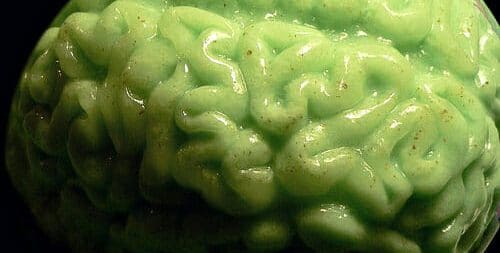Hypnosis has been used for literally thousands of years; there is evidence of this from Hindu Vedas and ancient Egyptian text. It seems the original uses of hypnosis were for healing and spiritual or religious functions such as divination and communicating with spirits.

Later still, the 19th century saw physicians John Elliotson and James Esdaille pioneer the use of hypnosis in the medical field even at great risk to their reputations as hypnosis was often looked upon as “witchery” or “pure balderdash”.
During the same time period researcher James Braid began to prove there was some merit to the physical and biological aspects of hypnosis and so thanks to these three men by the end of the 19th century hypnosis had begun to be accepted as a valid clinical technique. Further research and use of hypnosis had begun to be developed at some of the most well know universities and hospitals of the period.
The debate of was hypnosis a valid clinical tool continued on into the 20th century when it began to be delved into in The united States and put into practical use by therapists such as the likes of Milton H. Erickson. Further still, British psychologists Joe Griffin and Ivan Tyrrell linked hypnosis to the Rapid Eye Movement (REM) leading to advances in neurological science and brain imaging.

But the reality of it is that during WWII the U.S. and British governments did extensive research with hypnosis for espionage, and some people believe that to this day still the CIA routinely use hypnosis to persuade and coerce as well as interrogate. Do they? I don’t know, but it is public record that in the past they did indeed delve into this area.
Hypnotherapy is not that uncommon in a psychologists’ office to help people that may have suffered a traumatic experience or may suffer a fear to overcome these mental ailments, some supposedly to great effect. There are definitely examples of persons using hypnosis to quit bad habits like drinking and smoking. So, in light of all of this evidence this writer would have to say that it is very likely that yes, hypnosis could indeed help you to lose weight.

It is likely that hypnosis could help you lose weight but in the end it still comes down to proper diet and exercise.




